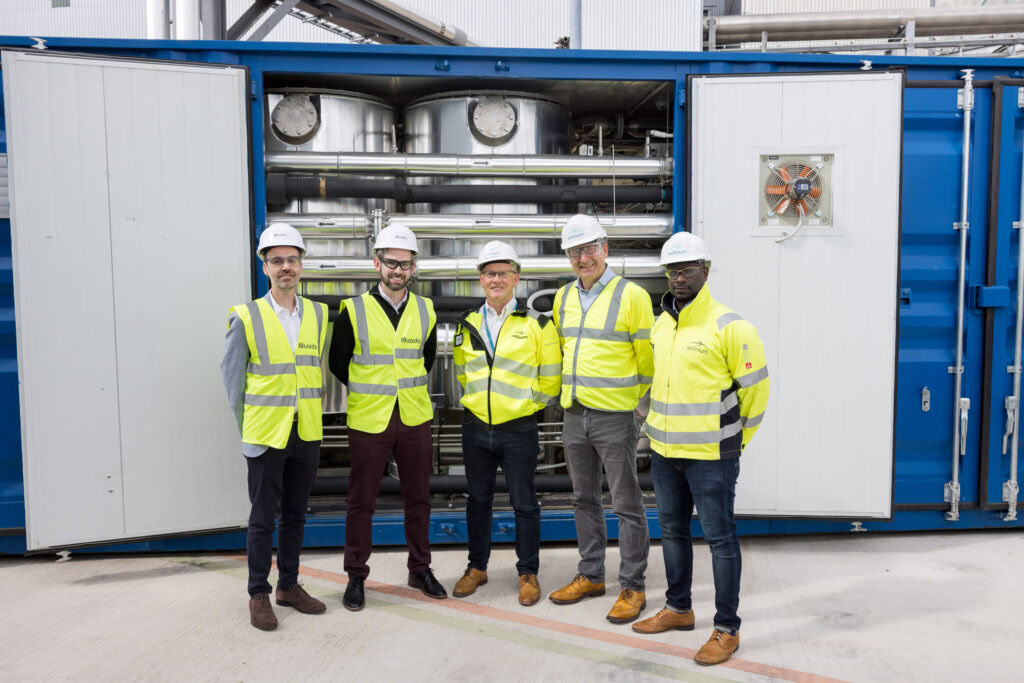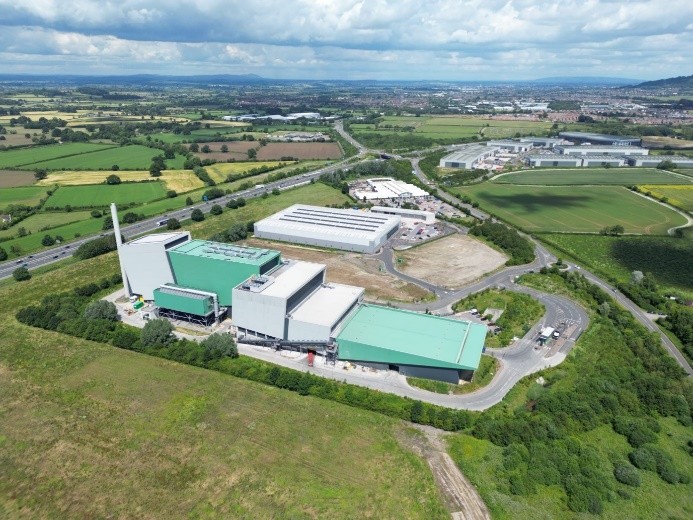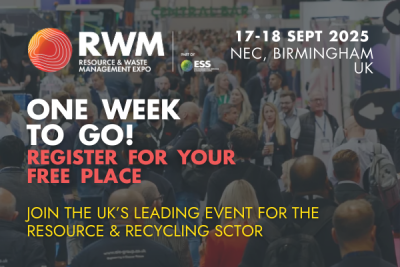The warning followed the publication of a new report by PwC, commissioned by the Dutch Waste Management Association, which assessed the potential impact of planned tightening of the country’s waste tax regime, which is due to start in 2028.
Under the proposals, the Dutch government aims to raise up to €567 million from the waste sector by increasing the national waste tax (ASB) and phasing out free allowances under its CO2 levy.
Recycling under strain as waste diverted abroad
PwC’s analysis showed that Dutch Energy from Waste (EfW) operators will face a rising tax bill.
The ASB would also be broadened to cover bottom ash and captured CO2, creating what the consultancy describes as a “substantial” increase in costs across the waste chain.
The report also highlighted that any residual waste produced by sorting and recycling that is sent to incineration will be subject to these higher fees – and warned that the higher costs could make Dutch recyclers less competitive against foreign facilities and virgin material markets.
Because the CO2 levy does not apply on exports, and transport costs are lower than projected Dutch fiscal charges, the consultancy concluded that diversion abroad would become economically viable.
This could result in underutilisation or closures, with knock-on impacts for bottom ash processing, landfill operations and integrated heat and power networks, said the consultancy.
Dutch EfW workers took part in industrial action against the proposed taxes in April 2025.
Hanan Yagoubi, director of FNV Union, said at the time: “Waste processing in the Netherlands is already the most heavily taxed in Europe.
“This is the death knell for the sector. It will soon be cheaper to take your waste abroad.”
Calls for alignment with EU policy
The report urged the Dutch government to align its fiscal approach with European policy. It recommended:
- CO2 pricing through the EU Emissions Trading Scheme (ETS) from 2028 instead of a separate Dutch levy
- Coordination of ASB rates and tax bases at EU level to reduce distortions
- If higher national taxes are introduced, safeguards such as exemptions for imports and recycling residues, stronger border enforcement, consistent taxation across all treatment routes and phased support for carbon capture
A spokesperson for the RDF Industry Group commented: “National fiscal measures that outpace European policy create an uneven playing field and risk encouraging unnecessary waste tourism.
“With the integration of Energy from Waste into the EU ETS planned for 2028, nations should be preparing to roll back incineration taxes and levies – not introducing new punitive approaches.
“The RDF Industry Group supports the report’s recommendations, which underline the urgent need for coordinated European policy to ensure residual waste management is aligned with circular economy goals, investment is safeguarded, and low-carbon infrastructure is supported.”









Subscribe for free